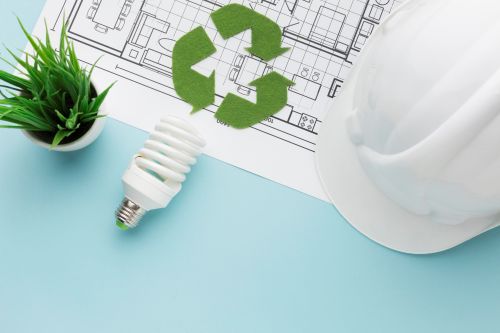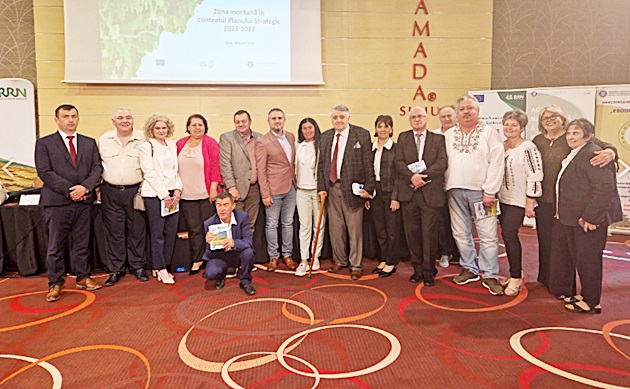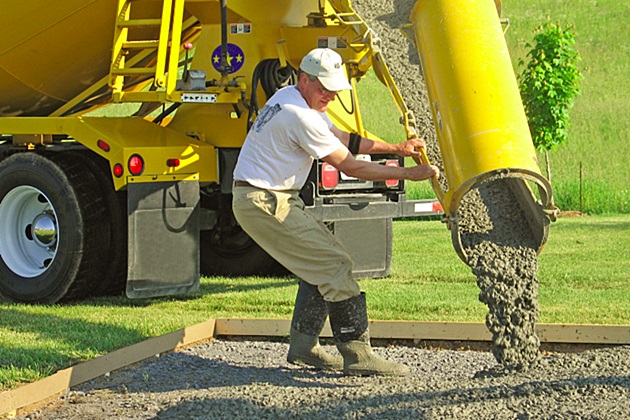439

Sustainability – The New Standard in the Construction Industry
Sustainability has become a defining standard in the construction sector, driven both by European regulations and the growing demand for energy-efficient buildings. According to the European Commission’s “Renovation Wave” Report (2024), approximately 75% of existing buildings in the European Union are energy-inefficient, and the EU strategy aims to renovate 3% of the total building stock each year.
In Romania, the Ministry of Development announced that more than 2,100 public buildings have been proposed for energy renovation between 2023 and 2025, financed through the National Recovery and Resilience Plan (NRRP) and Regional Operational Programmes.
At the same time, the use of eco-friendly and reusable materials is gaining ground. Data from the Buildings Performance Institute Europe (BPIE) shows that low-carbon concrete can reduce CO₂ emissions by up to 30% per project. Romania holds significant potential in this area, particularly through greater use of local materials and on-site recycling of construction waste.
Emerging trends such as nearly zero-energy buildings (nZEB) have already become mandatory for new constructions since 2021, according to EU legislation. However, implementation remains uneven. A 2024 report by the Association of Construction Materials Producers highlights the need for professional training and technical standardization to achieve sustainability objectives effectively.
As European requirements continue to tighten, sustainability is no longer a competitive advantage — it is a fundamental prerequisite for the future of the construction industry.
(Photo: Freepik)




